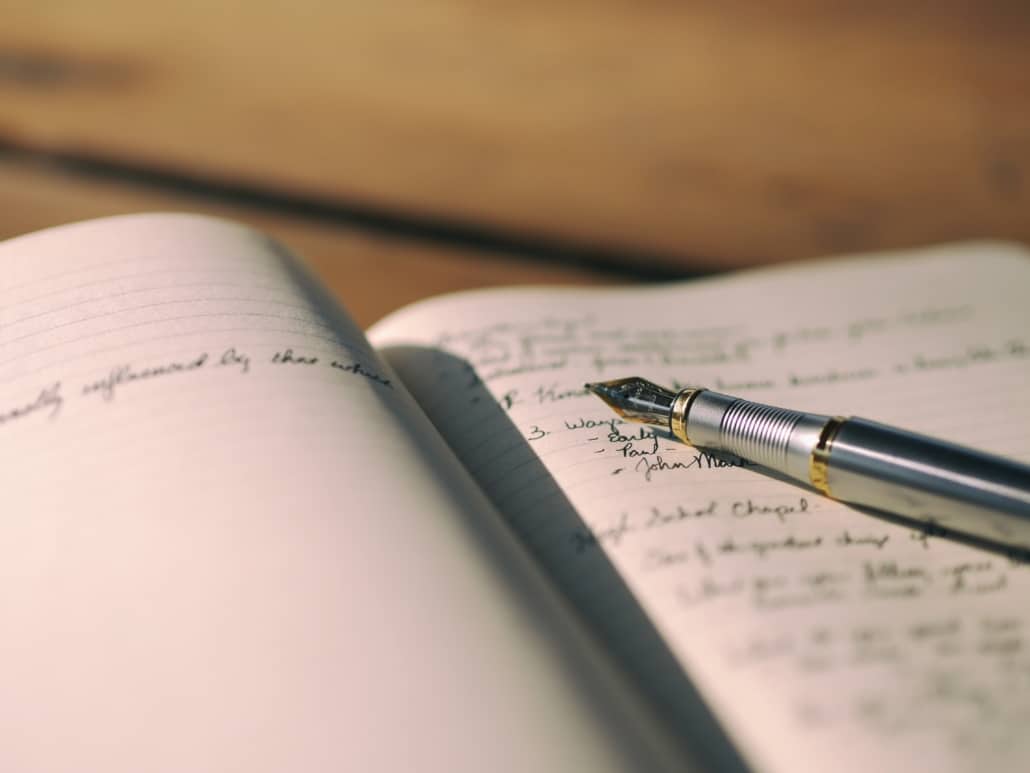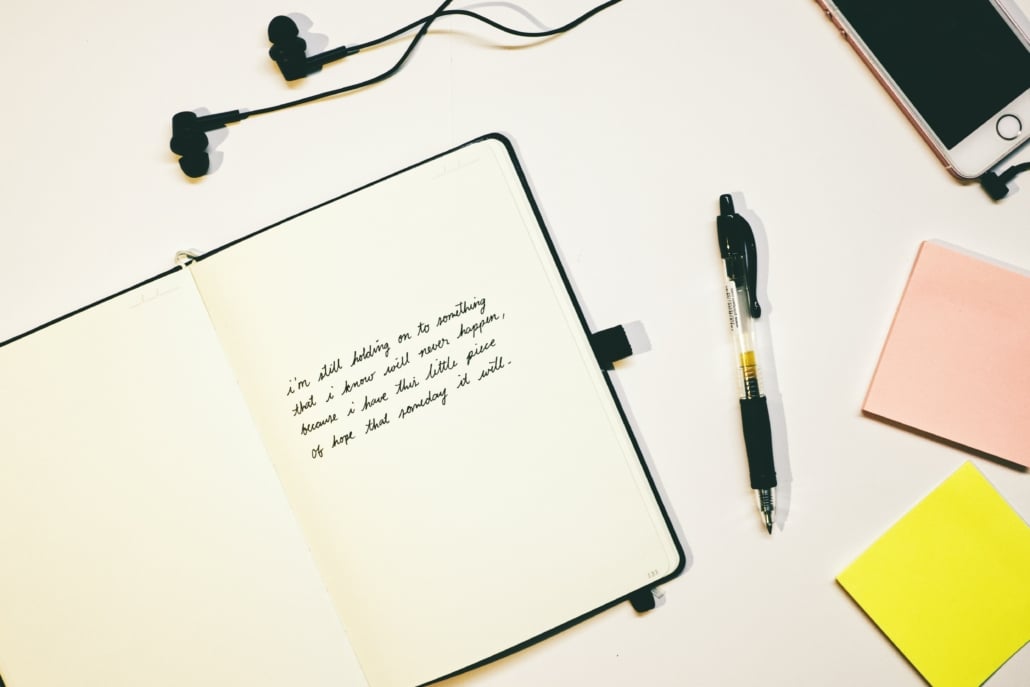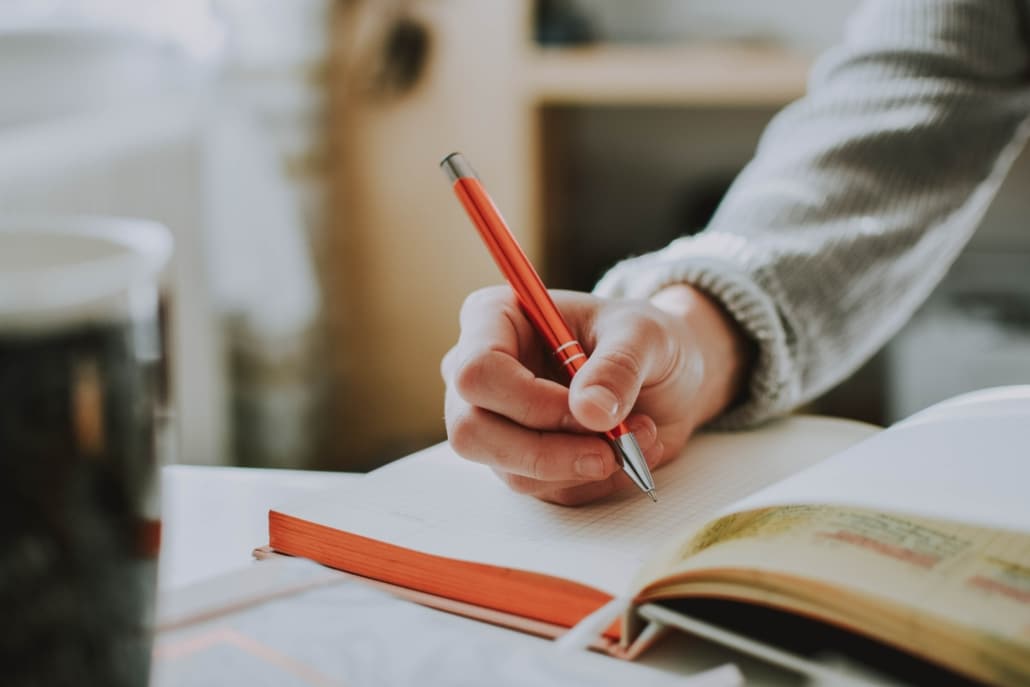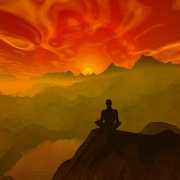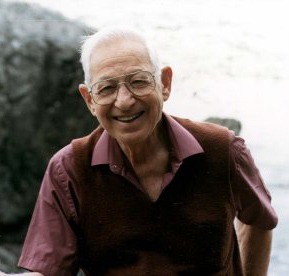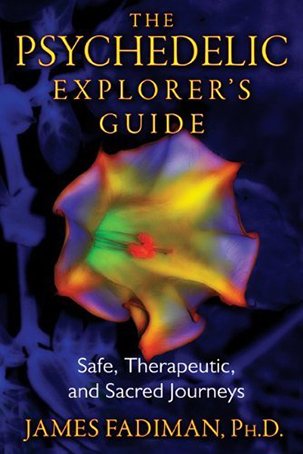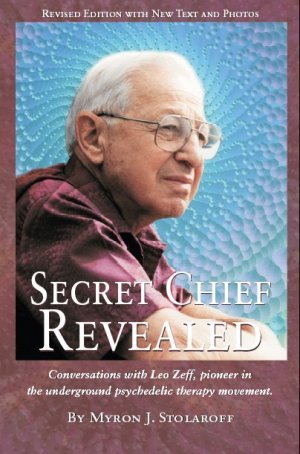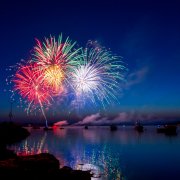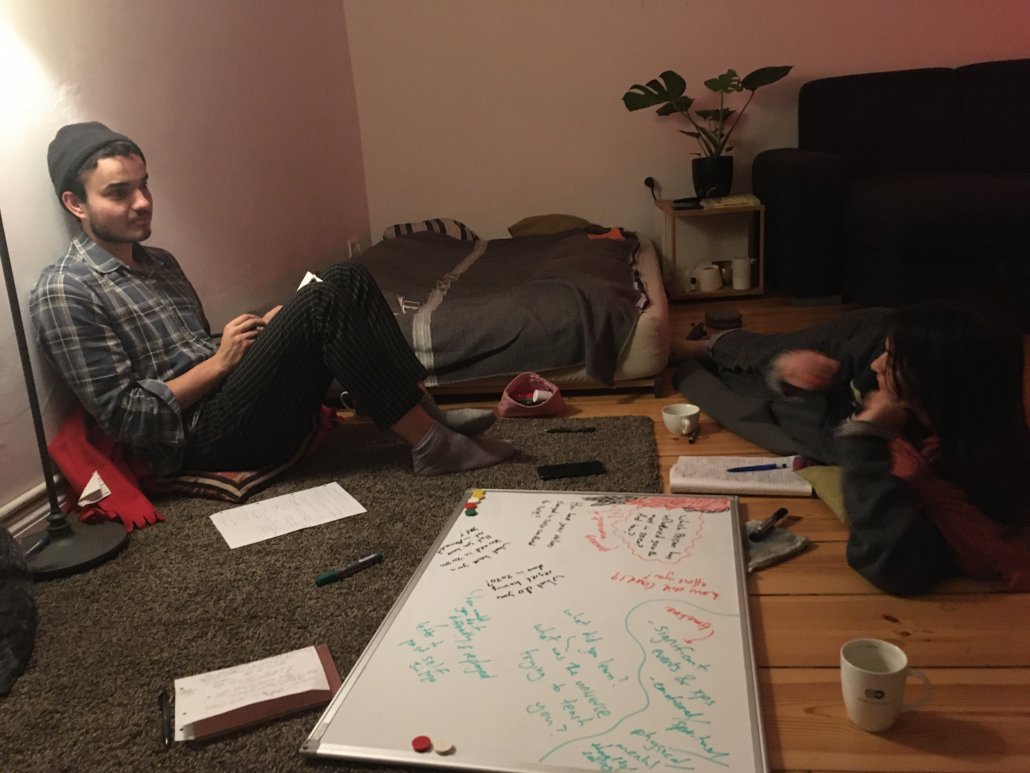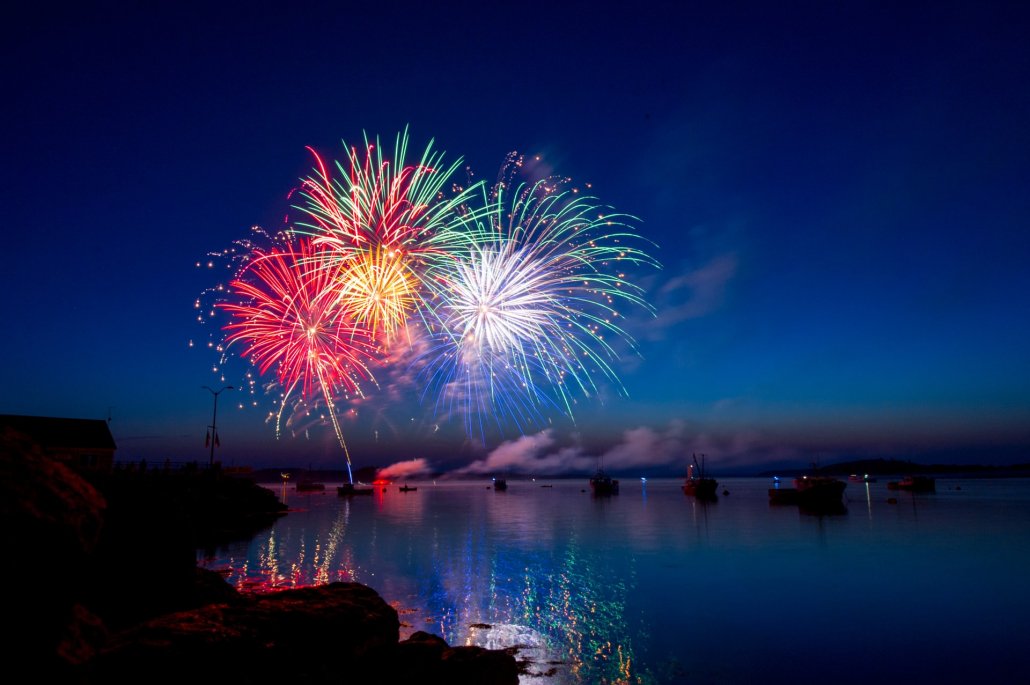Picture this: you, reclining comfortably, pen in hand, experiencing the heightened state of openness and ease induced by MDMA.
This is the perfect moment to embark on a journaling journey of self-discovery.
Welcome to the transformative world of journaling in MDMA sessions.
In this blog post, we will explore the powerful combination of MDMA and journaling, unlocking a pathway to self-reflection, emotional release, and personal growth. I’ll discuss the benefits of combining MDMA and journaling and offer a few different types of journaling you can try during your roll. And I’ll end by sharing a bit of my experience.
Let’s dive in.
Benefits of Journaling on MDMA
The benefits of journaling are well-documented. They include self-reflection, emotional release, clarity, personal growth, emotional regulation, memory enhancement, problem-solving, creativity, emotional healing, and accountability.
So why the need to introduce MDMA?
Reduced Amygdala Response: Enhanced Openness and Relaxation
One of the notable effects of MDMA is its remarkable ability to reduce the amygdala response. The amygdala is part of your brain that plays a central role in the brain’s processing of emotions, particularly fear and stress.
By reducing amygdala activity, MDMA enables individuals to approach difficult and stressful subjects with a greater sense of ease and openness. It diminishes fear and anxiety, establishing a safe space for self-reflection and introspection. This is what has made MDMA such a powerful tool in the treatment of PTSD and it also creates an ideal mindset for valuable inner work through journaling.
Journaling in this state can be transformative, providing insights into one’s inner world and uncovering the root causes of challenges.
Enhancing Motivation and Focus
If you’re like me, you might not journal as much as would probably benefit you.
The good thing is, with MDMA, can help with motivation and focus.
MDMA has amphetamine-like properties that can boost motivation, as highlighted by Ben Sessa in the Netflix series based on Pollan’s book “How To Change Your Mind.” Sessa pointed out that the amphetamine part of MDMA helps patients participate in therapy by providing a motivating effect.
The stimulating aspect of MDMA can also bring a heightened sense of focus, allowing you to be fully engaged in the journaling process. Similar to how a good cup of coffee can help on a workday. But with an emotional opening and mildly mind-expanding boost.
By tapping into the heightened state of openness and relaxation facilitated by MDMA, combined with the lowered amygdala response and increased focus, journaling during MDMA sessions can become a powerful tool for personal exploration and growth.
Types of Journaling
There are several ways you can incorporate journaling into your MDMA sessions. Here are a few options you might try:
Open Journaling
Keep a journal nearby and jot down any interesting or insightful thoughts that arise during the session. This unstructured approach is a good starting point, especially if you’re new to journaling or don’t want to dedicate the entire session to writing. If you’re sharing the session with someone, you can even share a journal.
Internal Family Systems (IFS) / Parts Work
This modality has gained popularity in the psychedelic world. It involves recognizing that each individual is composed of different parts with conflicting interests. By engaging in parts work, you can bring these conflicting parts together and facilitate a dialogue to find resolution and a path forward. Any internal conflicts or disharmony can serve as fuel for a parts work journaling session.
Journaling Prompts
Thought-provoking journaling prompts can guide your mind in specific directions and prompt you to explore certain topics. Similar to how therapists ask good questions to elicit insights, well-crafted journal prompts can lead to valuable reflections. You can choose prompts related to areas you wish to focus on, such as health, relationships, work, or personal growth.
If you are doing some online course, maybe a homework exercise has some prompts for you that you can use.
Here are a couple journaling prompts to get you started:
80/20 Life Audit
7 Death Contemplations
Brainstorming
MDMA’s mild psychedelic effects and enhanced enthusiasm make it a great tool for brainstorming. Choose a topic, such as ways to improve your life, make money, enhance relationships, or improve your health, and let your mind generate ideas freely. This activity can be engaging and enjoyable during an MDMA session.
Creative Journaling
You can also merge brainstorming with creative projects. Use your journal to brainstorm ideas for a creative or collaborative endeavor. You can create outlines, explore divergent ideas, and let your creativity flow without filtering or judgment. This stage is about generating as many ideas as possible. You can review and filter them later.
Vision Boarding
Sketch or create small images of things you want to manifest or bring to life. This type of visual journaling helps you to visualize your desires and aspirations.
Letters
Write letters to yourself, imagined future self, or significant people in your life. You can also use letter writing to work on relationships or express your thoughts and emotions. You can even then decide if the letters (or some, perhaps soberly edited, version of them) are something you would pass on.
My Experience
I discovered the combination of journaling and MDMA during the first lockdown in 2020 when I embarked on my first solo MDMA experience. I was hesitant to try this at first, as I thought that I’d want to be around other people, but a friend of mine had told me he’d done MDMA on his own before, and it was great every time. So I tried it. And he was right, it was great!
I’ve done a bunch of solo MDMA sessions since then. And journaling is always a key part of it. Nowadays, during a typical solo MDMA session, I’ll fill at least 10 pages in my bullet journal. I use all of the above options. Sometimes I’ll plan for some of them, sometimes I leave it open.
If an emotionally tricky topic arises, which would normally be towards the start of a session, then I will often turn to parts work journaling to find some resolution on the matter. Or if it involves another person, I find writing letters to be very helpful.
The content ranges from personal reflections to creative ideas, and fun topics. Journaling helps me gain clarity, connect with my emotions, and approach creative work from a place of inspiration.
Depending on the session, I usually do other things. It may be hanging out with friends, playing some music, or going to see a band play. In which case I usually time it to see the band, and then go home and journal on the tail end before bed.
I’ve found that being offline (or uncontactable) and disconnected from daily responsibilities allows for deeper thinking and exploration of complex issues, so if this is an aim, I’d recommend you go on airplane mode.
Quick Tips
Discern What You Journal
It can be easy to get caught up trying to write everything down, so try to be discerning about what you write down. Aim to capture insights and significant reflections rather than mundane details.
Keep It a Safe Space
Remember that your journal is a safe space for expression, free from judgment or fear. Your journal should be a private sanctuary where you can be your truest self, allowing you to explore your innermost thoughts, dreams, and fears with complete authenticity.
Embrace the freedom to express your thoughts, feelings, and experiences without fear of criticism or scrutiny.
Review Your Notes
Revisit and go over your journal entries within a couple of days of the session. Reflect on your insights, separate the fun from the profound, and transform actionable items into concrete tasks. This integration process enhances the value of your journaling practice.
Journaling during MDMA sessions can encompass a wide range of activities, from inner work and emotional exploration to creative ideation. Find the approach that resonates with you and embrace the transformative power of combining journaling with MDMA.
If you have a session coming up, I recommend trying out a bit of journaling. Let me know how it goes!


